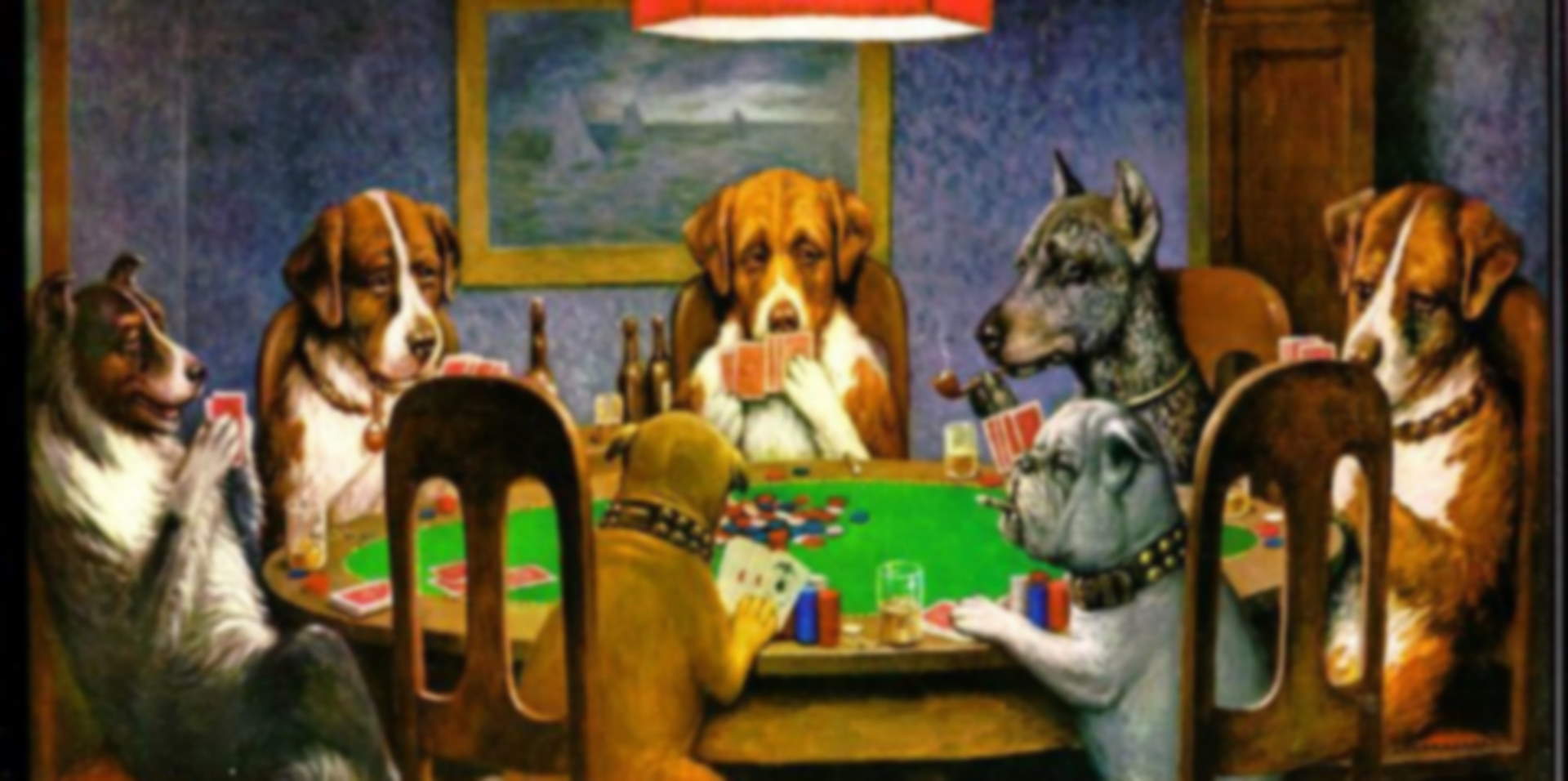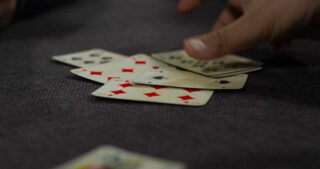/ 
Life is full of tough decisions. Success depends on the decisions that we make. Those who make wise decisions are typically successful in life. Those who make wrong decisions commonly fail. Of course, “luck” makes some of our decisions irrelevant.
Three years ago, Eric Kesselman faced a very tough decision. He had just turned 30-years old. He had earned his undergraduate degree from Johns Hopkins University and graduated from New York University Law School. He passed the bar exam in New York State and was working as a public defender on Long Island. He enjoyed all of the trappings of a successful life and career. The trouble was – Kesselman wasn’t happy.
“Basically in law, I feel like there are jobs where you can make a lot of money versus jobs where you may have a lot of fun and which provide an opportunity to do something rewarding. In law, very few jobs have both,” Kesselman explained. “When you see the workload and experience the monotony, it is tough. When you see legal cases you have worked hard on, and then the defendants are back two weeks later (charged with crimes again) it gets very depressing. That’s very common in being a public defender.”
At a personal and professional crossroads, Kesselman made a decision. He quit his job. What he decided to do next shocked even those who knew Kesselman best. The ex-attorney decided to become a professional poker player.
“I decided I did not want to practice law anymore,” Kesselman said. “I had some friends who were gamblers and got into poker largely because of them. After losing a bit at first, I started to learn from my mistakes and improved my game. Eventually I started winning, turned professional and have been supporting myself through ( playing mostly online) poker ever since.”
2006 marked the third consecutive year that Kesselman made the annual pilgrimage to the World Series of Poker. Although he made enough money the rest of the year to pay the cost of his buy-ins and expenses, Kesselman’s tournament results up until July 12, 2006 had been a disappointment. Fact was, he had never cashed at the WSOP. That would all change suddenly, in a very big way.
The 18th event at this year’s World Series of Poker presented by Milwaukee’s Best Light was the $2,000 buy-in Pot-Limit Hold’em competition. The event began with 590 entries. After two days of play, the final table included only one former gold bracelet winner – Harry Thomas, Jr. (the $5,000 Seven-Card Stud champion in 1985). Two players had previously cashed in the WSOP main event – writer Jim McManus (5th in 2000) and Jason “Big Bird” Sagle (23rd in 2004). When the first hand was dealt out, Sagle enjoyed a slight chip lead over Kesselman, with the rest of the players back in the pack.
The most experienced player went out first. Harry Thomas, Jr. hoped to steal a round of blinds with ace-five suited but was instead called down by “Big Bird” Sagle, holding pocket threes. Thomas failed to make a pair, and was eliminated. Thomas, hoping to win his first WSOP gold bracelet in 21 years, instead collected $21,476 for ninth place.
Christopher Black went out next when his ace-queen was topped by Chris Viox’s pocket eights. The two big cards failed to connect, which expelled the San Diego school teacher in eighth place. Black, aptly nicknamed “Shakespeare” for his English and journalism teaching credentials, received $32,214 in prize money.Dustin Holmes got the axe next. The poker pro from Los Angeles, who won his way into the event via a free online qualifying tournament, was eliminated when his ace-queen was ripped by Eric Kesselman’s nine-eight suited. Kesselman got out of line a bit early with the hand by making a bold pre-flop raise, and when Holmes re-raised all-in, Kesselman thought he was pot-committed, and called. Kesselman caught three lucky diamonds to make a flush, which knocked out Holmes. Seventh place paid $42,952.
Jim McManus has been immortalized forever with his classic poker and angst-wrought narrative, “Positively Fifth Street,” which chronicled his personal experiences at the 2002 WSOP. McManus hoped to write a bright new chapter in his poker career, but this one did not have a happy ending. On his final hand of the night, McManus had king-queen suited which lost to “Skip” Kim’s ace-ten. An ace flopped, and McManus was forced to accept a sixth-place finish on his poker record. The Chicago writer earned $53,690.No one was more surprised or disappointed to see the fifth place finisher than the man who took the position. Jason Sagle had started the day in such promising fashion. But he ran bad during his final hour and eventually went out with pocket fives against Eric Kesselman’s pocket sixes. The bigger pair held up and Sagle added $64,428 to his poker bankroll for fifth place.
Things do not get much uglier than what happened next to Kevin Ross. He was dealt pocket kings. He raised to 40,000 before the flop. Kesselman re-raised to 100,000. Then, Ross pushed all-in. Kesselman could not get his chips in fast enough. Wham! Kesselman’s pocket aces were tabled and all of the sudden poor Kevin Ross’ two cowboys looked like they’d been blown off Brokeback Mountain. Ross, an Ohio antiques dealer, collected $75,166.
Christopher Viox was the next player to go out. He decided to gamble on his final hand holding king-ten, which was edged out by “Skip” Kim, with pocket sixes. The small pair held up and Viox was forced to call it a night. Third place paid $85,905.“Skip” Kim put up a valiant fight before crashing to the felt in second place. On the final hand of the tournament, Kesselman moved all-in with ace-ten, which dominated Kim’s ace-nine. Kim was drawing slim and failed to catch a nine. Kesselman’s higher-kicker played and ended the event.
Hyon “Skip” Kim, an anesthesiologist born in South Korea, felt no pain when he was paid $164,291 for second place.
A historic win at the 2006 World Series of Poker seems to validate the choice Kesselman made back in New York when still unhappily employed as an attorney. “The appeal to me for poker is the ability to work for myself, work at my home, set my own schedule, and to make a very good living,” Kesselman said. “Also, for me the key to success is to play only the poker games I enjoy. I will only play the games I like to sit in, such as short-handed games. I keep myself fresh that way.”
Kesselman turned more philosophical when asked about his future. “I keep asking myself what I will be doing in five to ten years. I really have not answered that yet. As long as the poker craze continues—which I think it will—I will be happy to keep playing poker.”
Indeed, life is full of tough decisions. Based on three years spent as a successful pro, a $311,403 win in poker’s most prestigious tournament series, and one gold bracelet – it certainly appears that Eric Kesselman made the right one.
Dieser Artikel erschien auf PokerOlymp am 18.04.2007.


